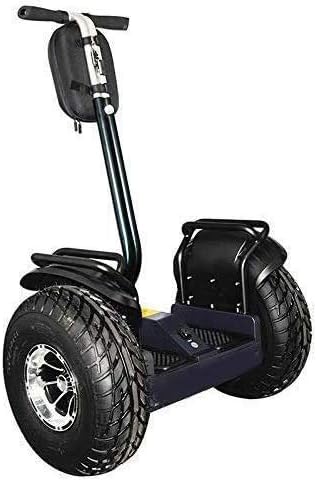qwerty3656
Full time employment: Posting here.
- Joined
- Nov 17, 2020
- Messages
- 761
I'm 58 and do alot of walking, but it is on level ground. I thought I was ready to go on some site seeing hikes. We visited our Son in Colorado and did a few hikes with him that involved some elevation. Nothing too drastic, just some moderate inclines and declines. It was very humbling.
Any thoughts on how to better prepare for that?
Any thoughts on how to better prepare for that?

